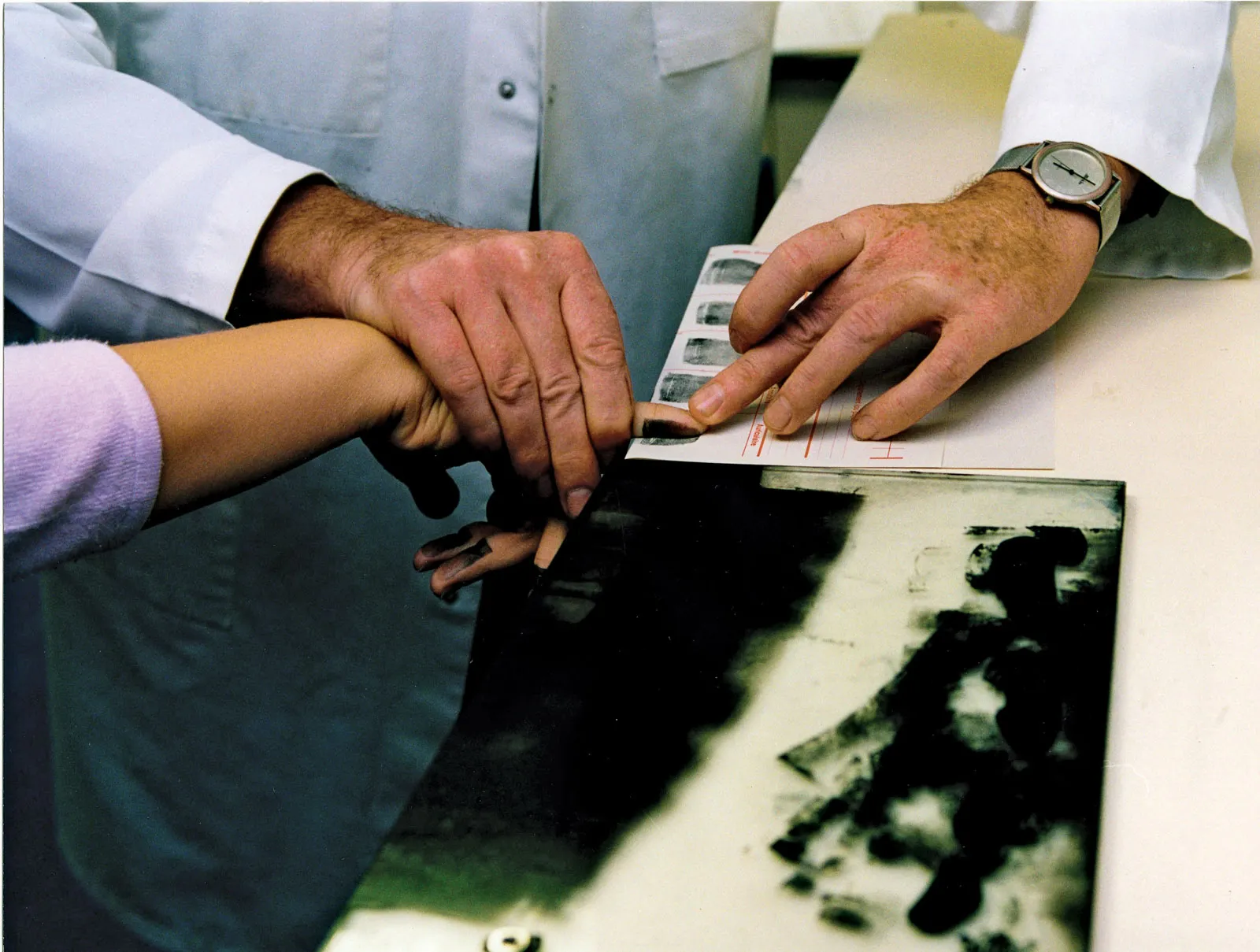
In a groundbreaking revelation, a recent study has found that a new drug targeting the protein interleukin-11 (IL-11) has extended the lifespans of laboratory animals by nearly a quarter, sparking hopes for potential anti-ageing effects in humans. Referred to as ‘supermodel grannies’ due to their youthful vigour in the lab, the treated mice displayed enhanced health, strength, and a reduced risk of cancer compared to their untreated counterparts.
This drug, currently undergoing human trials, holds promise for combating the ageing process, an eternal quest throughout human history. By manipulating various molecular processes associated with ageing, researchers are delving into the possibilities of prolonged and healthier lives.
Research conducted by a collaborative team from the MRC Laboratory of Medical Science, Imperial College London, and Duke-NUS Medical School in Singapore focused on the protein interleukin-11, known to increase with age and contribute to inflammation. By targeting this protein, the scientists observed significant impacts on ageing, leading to increased longevity, improved muscle function, reduced cancer rates, and overall better health in the treated mice.
Published in Nature, the study outlines experiments that involved genetically modified mice unable to produce IL-11 and administering a drug to eliminate the protein in older mice. The results unveiled a notable 20-25% increase in lifespan, with enhanced vitality and reduced frailty in the absence of interleukin-11.
These findings offer a glimpse into the exciting potential of anti-ageing interventions and the future of longevity research.









